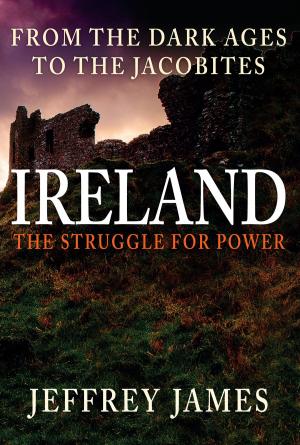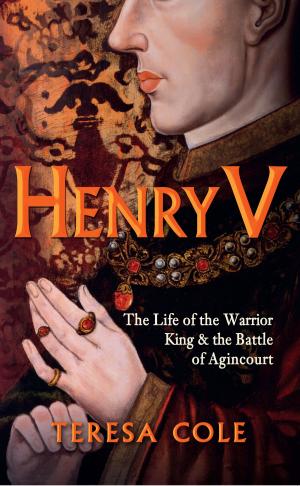| Author: | Patricia Southern | ISBN: | 9781445609287 |
| Publisher: | Amberley Publishing | Publication: | April 15, 2011 |
| Imprint: | Amberley Publishing | Language: | English |
| Author: | Patricia Southern |
| ISBN: | 9781445609287 |
| Publisher: | Amberley Publishing |
| Publication: | April 15, 2011 |
| Imprint: | Amberley Publishing |
| Language: | English |
The story of the greatest empire the world. Roman Empire was firmly rooted in the long history of the Roman Republic that preceded it. The transition from that city state governed by a Senate to an Empire ruled by an Emperor was a gradual affair. Augustus was the first Emperor, and it was he who established the tradition of Imperial succession, passing on control to his step-son Tiberius. The Empire expanded in fits and starts reaching its greatest extent in AD117, under the Emperor Trajan. The succeeding Emperor Hadrian called a halt to continual conquest and annexation and enclosing the Empire within fixed boundaries. But the 'Barbarians' fought back and frontiers fell, and the Empire was constantly at war. By the end of the third century AD, the Roman world changed almost beyond recognition. Society became much more rigidly classified, and the gap between rich and poor widened. Civil wars broke out between rival contenders for the throne. The beginning of the end came in the fifth century when the Empire split into two. The western provinces fragmented into different states under Germanic rulers, some of whom tried to become more Roman than the Romans, ensuring that Roman culture, traditions and law are still in evidence today, underpinning much of western society. The eastern half of the Roman world survived as the Byzantine Empire, traditionally until Constantinople fell to a western Christian army in the fifteenth century. This book provides a comprehensive history of the Roman Empire from 30BC to the late fifth century AD, describing the Emperors and other personalities who dealt with the administration of the provinces and the command of the armies, some of them more successfully than others.
The story of the greatest empire the world. Roman Empire was firmly rooted in the long history of the Roman Republic that preceded it. The transition from that city state governed by a Senate to an Empire ruled by an Emperor was a gradual affair. Augustus was the first Emperor, and it was he who established the tradition of Imperial succession, passing on control to his step-son Tiberius. The Empire expanded in fits and starts reaching its greatest extent in AD117, under the Emperor Trajan. The succeeding Emperor Hadrian called a halt to continual conquest and annexation and enclosing the Empire within fixed boundaries. But the 'Barbarians' fought back and frontiers fell, and the Empire was constantly at war. By the end of the third century AD, the Roman world changed almost beyond recognition. Society became much more rigidly classified, and the gap between rich and poor widened. Civil wars broke out between rival contenders for the throne. The beginning of the end came in the fifth century when the Empire split into two. The western provinces fragmented into different states under Germanic rulers, some of whom tried to become more Roman than the Romans, ensuring that Roman culture, traditions and law are still in evidence today, underpinning much of western society. The eastern half of the Roman world survived as the Byzantine Empire, traditionally until Constantinople fell to a western Christian army in the fifteenth century. This book provides a comprehensive history of the Roman Empire from 30BC to the late fifth century AD, describing the Emperors and other personalities who dealt with the administration of the provinces and the command of the armies, some of them more successfully than others.















